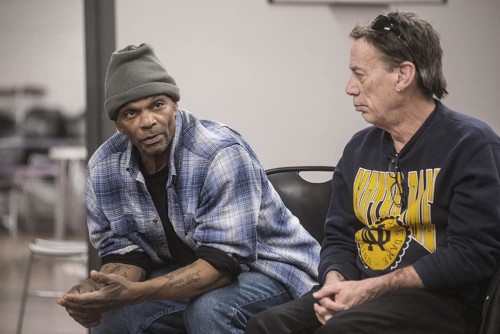Phase One:
Stability
Residents build their foundation and develop healthy daily routines, placing recovery in the forefront of their priorities. In addition to meeting weekly with their RSM, residents receive employment education and coaching from Step’s Career Counselor and obtain a full-time, tax-paying job. Moving out of ‘survival mode’, residents begin to build confidence and are provided the impetus to continue their journey.

